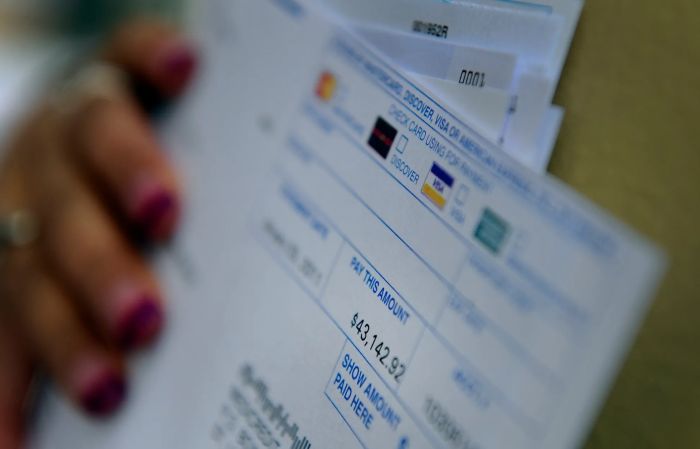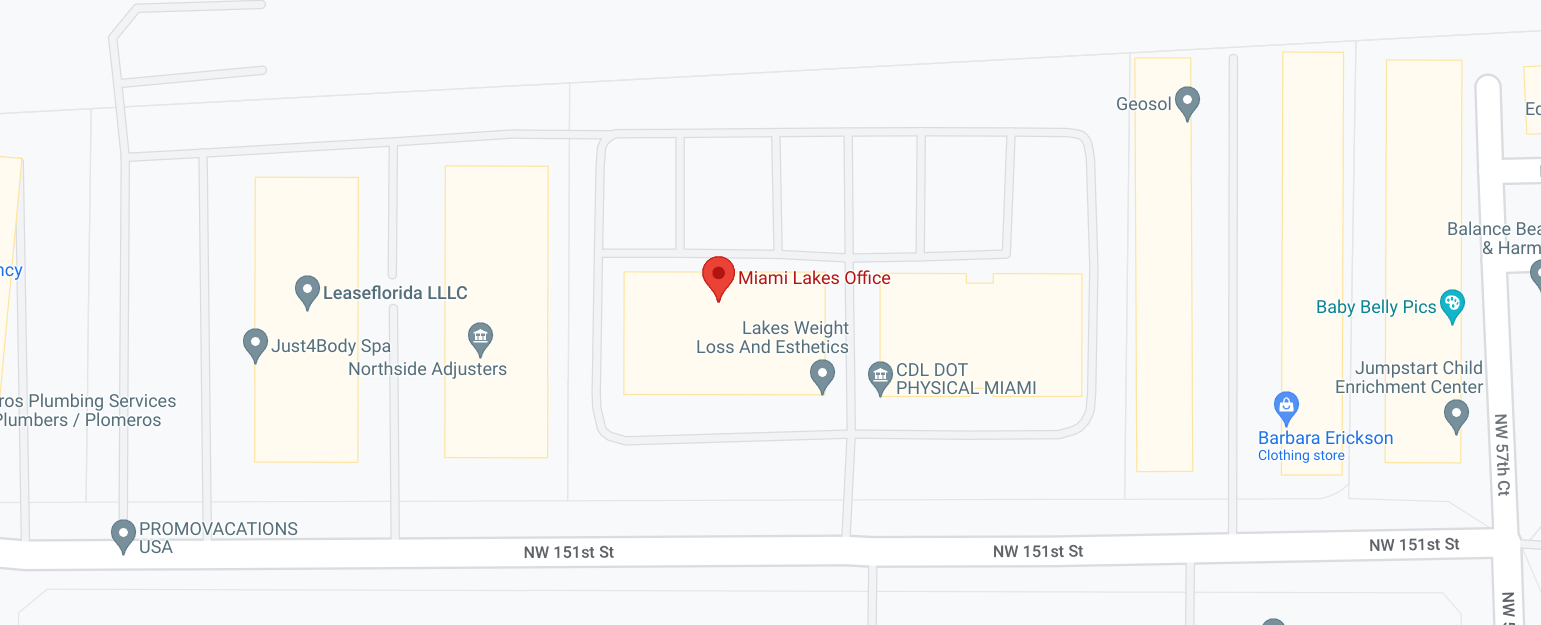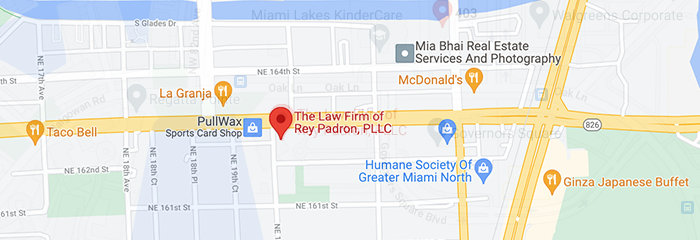Losing a loved one in an accident is a life-altering experience that no amount of money can truly make whole. Yet, in the legal system, compensation exists to help surviving family members handle financial burdens, emotional distress, and the practical realities that follow a wrongful death. Miami, like the rest of Florida, has specific laws governing what damages can be pursued in these cases. Understanding these categories of compensation is essential for families seeking justice.
Economic Damages
The most straightforward form of recovery in wrongful death lawsuits is economic damages. These reflect the tangible, financial costs associated with the loss. In Miami, these can include:
- Medical expenses incurred between the time of injury and the loved one’s passing. Hospitals, emergency care, and rehabilitation all create bills that survivors may be responsible for.
- Funeral and burial costs often place an immediate financial strain on grieving families.
- Lost income and benefits that the deceased would have contributed over the course of their lifetime. This includes salary, bonuses, retirement contributions, and other employment-related benefits.
Calculating these losses often requires expert testimony from economists who can project the financial trajectory of the deceased. For example, the potential career earnings of a young professional may differ greatly from those of someone near retirement, but both hold measurable value.

Non-Economic Damages
While financial numbers are more easily defined, non-economic damages address the emotional toll a wrongful death creates. These include:
- Loss of companionship and protection, which recognizes the absence of a spouse’s love or a parent’s guidance.
- Mental anguish, acknowledging the grief, pain, and suffering survivors endure.
- Loss of parental instruction is especially relevant for children left without a mother or father.
Unlike economic damages, these losses cannot be easily calculated with receipts or invoices. Courts often rely on testimony, impact statements, and legal precedent to assign value. Families may find this part of the case particularly meaningful, as it captures the human side of their loss.
Punitive Damages
In rare cases, families may also pursue punitive damages. These are not tied to the family’s losses but instead are designed to punish egregious or reckless behavior. If a wrongful death occurred due to gross negligence, such as a drunk driving incident or a company knowingly cutting corners on safety, punitive damages may apply.
Although Florida courts award punitive damages sparingly, their presence sends a strong message that reckless behavior will not be tolerated. For families, this type of compensation can provide a sense of accountability beyond financial relief.
Wrongful Death in Car Accident Cases
A significant portion of wrongful death claims in Miami arises from motor vehicle collisions. Distracted driving, impaired driving, and speeding are common causes. In these cases, liability may extend not only to the at-fault driver but also to employers or third partie,s depending on the circumstances.
When navigating these situations, families often seek the guidance of a Miami car accident lawyer who can analyze liability, identify insurance coverage, and calculate potential damages. While no two cases are identical, patterns in Florida law provide a framework for pursuing justice.
The Role of Florida’s Wrongful Death Act
Florida’s Wrongful Death Act sets the legal foundation for compensation. It defines who may file a claim and what damages are recoverable. Generally, personal representatives of the deceased’s estate file the claim on behalf of surviving family members, which may include spouses, children, parents, and other dependents.
This law emphasizes both the financial and emotional aspects of a loss. By combining economic and non-economic damages, it provides a holistic approach to justice. Families should understand, however, that strict timelines exist for filing. In Florida, the statute of limitations for wrongful death cases is typically two years from the date of death.
How Compensation Supports Families
Compensation serves multiple roles in the aftermath of a wrongful death. On a practical level, it relieves financial pressure, allowing families to cover immediate expenses and adjust to life without the deceased’s income. On an emotional level, it provides a sense of closure and acknowledgment that their loved one’s life had value.
For children, compensation may mean the ability to continue education without financial interruption. For spouses, it may provide stability when adjusting to new living circumstances. Beyond money, these damages serve as a societal recognition of responsibility.
Building a Strong Case
Pursuing compensation requires more than just filing paperwork. A strong case is built on evidence, documentation, and strategic presentation. Medical records, police reports, witness testimony, and expert opinions all play a role.
Attorneys often bring in economists to estimate long-term financial losses or mental health experts to illustrate emotional harm. A skilled car accident lawyer weaves these elements together into a compelling argument. This structured approach ensures that every facet of the loss, both financial and emotional, is acknowledged in court.

Common Challenges Families Face
Wrongful death cases are often contested by insurance companies or defendants who seek to minimize payouts. They may argue about the value of lost income, dispute whether certain medical expenses were related to the accident, or challenge the extent of emotional suffering.
Another challenge is the emotional weight families carry. Reliving the circumstances of their loved one’s death during depositions or hearings can be draining. Having experienced legal representation allows families to focus on healing while professionals manage the legal complexities.
Local Perspective
Families in neighborhoods such as Carroll Gardens or Fort Greene may not face wrongful death cases frequently, yet the principles carry weight regardless of geography. Miami’s dense traffic and diverse economy create risks that mirror those in other urban environments. Understanding what compensation is available empowers families everywhere to advocate for their rights.
For Miami residents specifically, the city’s high traffic volume and reliance on rideshare services, delivery drivers, and tourism-related activity increase the likelihood of accidents. This context makes knowledge of wrongful death laws even more vital for local families.
Looking Beyond the Legal Process
While compensation provides financial relief, it also serves as a form of accountability. It reminds communities that negligence, whether by an individual driver or a corporation, has consequences. This dual role of compensation, both practical and symbolic, is one reason wrongful death cases remain an important part of civil law.
For families, the process of pursuing damages can also spark broader conversations about safety and prevention. Whether advocating for safer roads, stronger regulations, or more responsible corporate behavior, wrongful death cases can influence change beyond the courtroom.
Closing Perspective
The types of compensation available in Miami wrongful death lawsuits extend beyond simple financial recovery. They encompass economic stability, emotional recognition, and in some cases, punitive accountability. For grieving families, these damages can mean the difference between financial hardship and stability.
More importantly, they represent a legal acknowledgment of the value of a lost life. Families who pursue these cases do more than seek money; they uphold the principle that negligence and recklessness should not go unanswered. In doing so, they create a legacy of accountability that extends far beyond the courtroom.












